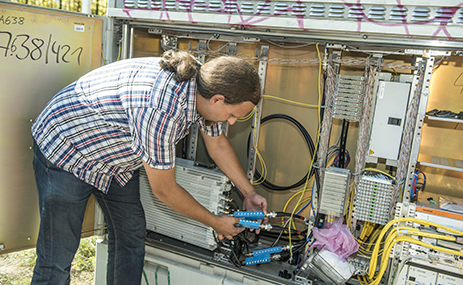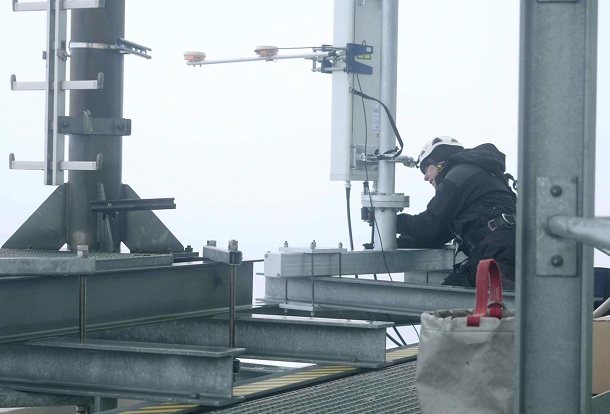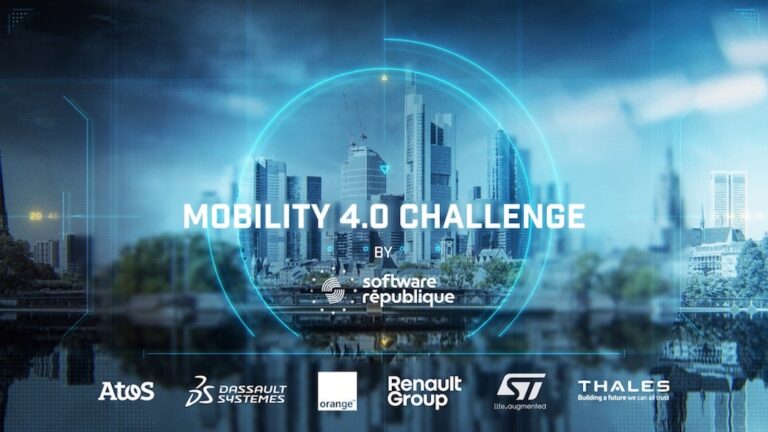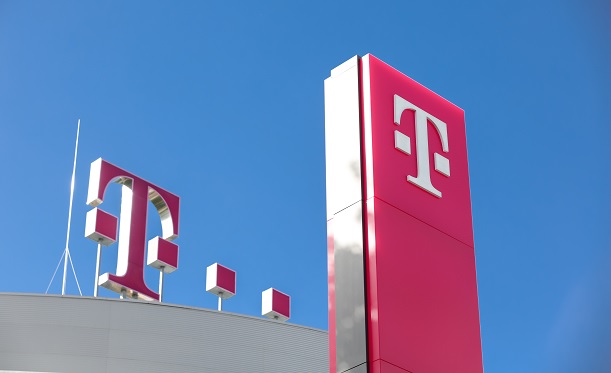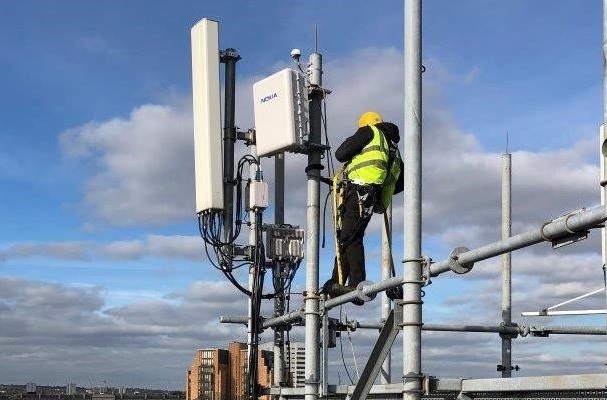Want instant network access for that new site? Need high speeds and even higher security? Should be there on Wansday
Last mile connectivity services company NSC Global has launched an instant WAN service created with cloud managed cellular comms, the Next Day WAN, which is designed to allow businesses to mobilise at the pace of viral panic.
The system uses 5G or 4G LTE to lay on high-speed broadband internet for businesses in less than 24 hours.
In the wake of the pandemic and other shifts in employment and cultural dynamics, increasing numbers of businesses need service providers to instantly equip teams in remote or temporary locations, according to NSC’s chief commercial officer Sascha Groeger. The connectivity aspect of this request is too much of a logistical challenge on its own. Once industrial strength corporate security is factored in, customers of mobile operators can expect to wait months while the supplier moves at glacial speed.
“This has been a challenge for businesses due to long lead times for landline WAN or broadband circuit installations from last mile carriers,” said Groeger.
Telcos go slow
NSC Global claims it helps customers to scale their network accordingly with the Next Day WAN, which is globally available and suits both temporary and permanent use cases. It claims it can cater for any eventuality. Demand is strong in smaller locations with a lower bandwidth demand – like retail sites whose existence is particularly perilous thanks to the unpredictable nature of enforced lockdowns.
The benefit that NSC Global offers to mobile operators is that it frees them from the constraint of working to a rigid timeline and infrastructure for circuit installations, which is not a telco’s strong point. With delivery partners like NSC Global mobile operators can give organisations flexible, secure WAN services at a lower cost of production, it claims.
Using reliable enterprise-grade connections, customers can confidently maintain secure access to their back-end systems – keeping corporate data protected. Spare devices and SIMs are staged and set up at NSC Global’s logistics hubs so that they can be deployed, shipped out and turned up at speed.
The announcement follows the recent launch of three mobile connectivity services Anytime, Anywhere, YouCPE and Cableless Enterprise.


